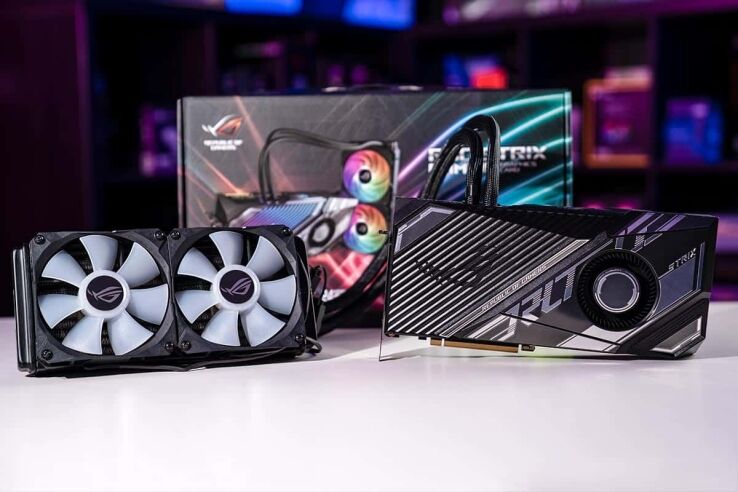Is 80-85ºC too hot for a GPU?
Not quite boiling water but you don't want to be boiling the silicon either

WePC is reader-supported. When you buy through links on our site, we may earn an affiliate commission. Prices subject to change. Learn more
If you’re looking at the new GPUs and wondering why the prices are so high, you may want to prolong your current best graphics card. So is 80-85ºC too hot for a GPU?
Operating your GPU (Graphical Processing Unit) at temperatures between 80 and 85°C isn’t necessarily considered “too hot,” but it could be considered high.
Most modern GPUs operate best at 90°C maximum operating temperatures; however, prolonged exposure to temperatures in this range could damage your GPU and shorten its lifespan significantly.
If your GPU is overheated, it may result in a myriad of problems, including performance decline and artifacting (visual glitches), system instability, and hardware malfunction.
Additionally, high temperatures cause thermal throttling. This is the process by which your GPU will automatically cut down its speed of operation to avoid overheating.
To avoid these issues, it’s essential that your GPU remain at a reasonable temperature while gaming. And there are several ways how to lower GPU temperatures.
A typical target range for most GPUs while gaming is 60–75 °C; however, this can vary depending on the specific model and make of your graphics card, as well as which game or application you’re playing.
Excessive GPU temperatures can be due to a myriad of causes. The most common reason is insufficient cooling. This can result from inadequate airflow, insufficient or malfunctioning fans, or an incorrectly installed or damaged heatsink. Dust buildup also interferes with cooling, so it’s essential to regularly clean your GPU and other components.
Other causes of high GPU temperatures include overclocking, which involves increasing your GPU’s clock speed and voltage beyond factory settings, as well as running demanding games or applications that place a heavy burden on it.
While 80–85°C may not seem like a particularly hot temperature for your GPU, it is on the higher end of its operating temperature range, and prolonged exposure could potentially damage its hardware.
To maintain optimal GPU performance and longevity, proper cooling, avoiding overclocking, and adjusting settings as necessary will help ensure proper temperature regulation for your graphics card. Doing this helps guarantee optimal performance and longevity from it too!